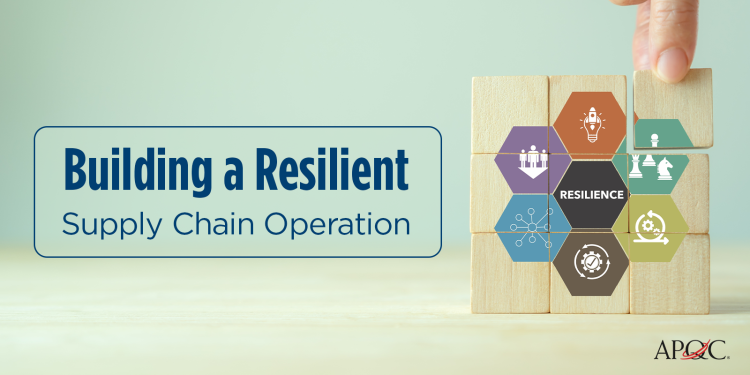
In today’s high-risk and uncertain supply chain environment, organizations must plan for disruptions and minimize their impact by balancing tradeoffs between efficiency and flexibility in logistics.
While the focus on logistics efficiency alone has been a norm, recent years have underscored the necessity for organizations to shift their approach. The new paradigm calls for a balance between logistics efficiency and flexibility, a strategy that can reduce risk exposure and enhance operational resilience.
Building a Resilient Supply Chain Operation
Resilience should be the ultimate goal for supply chain operations, aiming to minimize risk and combat disruption. Organizations that adopt a comprehensive approach, considering both short-term sales and operations execution and longer-term sales and operations planning, are better positioned to manage cost, risk, and working capital.
Here are some effective operational resiliency practices:
- increasing supply redundancy,
- designing supply chains to reduce single points of failure,
- shortening supply chains through strategies like nearshoring, and
- allocating critical materials and products to multiple locations to meet customer service levels while minimizing inventory and storage levels.
Learn more about structuring your operations for resiliency in APQC’s Balance Efficiency and Risk in Logistics to Build Resilience.
